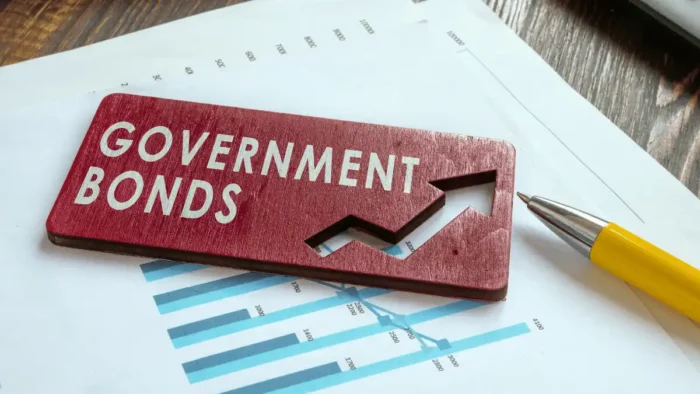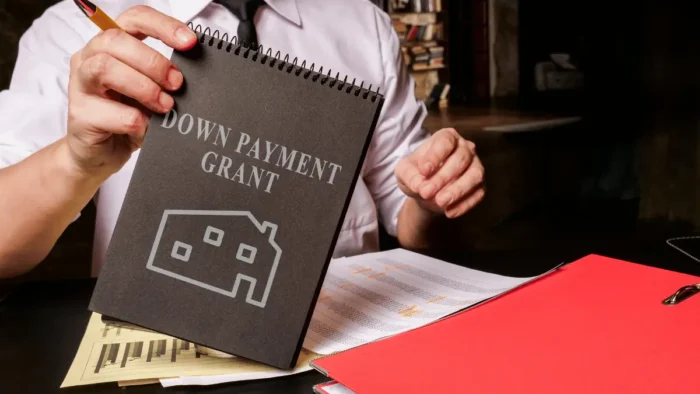If you believe what you see in the movies or on TV, life as a trader is pretty glamorous. However, the reality is that foreign exchange trading is a business like any other – and this means that you need to think carefully about how you approach it, and to take a professional attitude just as you would if you were running a store or supplying a physical product.
One of the questions you’ll need to answer focuses on the type of ownership involved – will you take a sole proprietorship approach, or will you incorporate it as a company? This blog post will help you decide.
Brokerage services
One way to assess whether sole proprietorship is right for your foreign exchange trading business is to think about what sort of broker you plan to use. If you’re planning to opt for an online broker that simply offers a platform for you to place trades on (perhaps via trading software) and perform technical analysis by yourself, it’s likely that you’ll be just fine as a sole trader – though forex trading advice from top sites such as Forex Fraud would always recommend that you do due diligence no matter what sort of legal status you have.
If you’re planning a suite of research stations (and, as below, the staff to run them) and a stream of multiple different ways of getting to market, a company might be wise.
Staff, or not?
It’s perfectly possible to run your own foreign exchange trading business without employing any staff. In this scenario, the trader hopes to make their living from the profits they might derive from the transactions made. However, some foreign exchange traders – and especially those who have offices in environments such as Wall Street – treat forex as a systematic, large-scale business and hire traders who work for them.
Unlike a sole forex trader, who lives off any profits, those traders don’t trade to make money for themselves. They are paid a salary by the firm to trade on behalf of the firm’s clients and are, in essence, employees. If you’re aiming to run this sort of forex business, it’s pretty likely that you’ll want to incorporate as a company in order to provide a more formal structure for your workers. However, if you’re just looking to live off any profits you might potentially make, it may be less worth it.
✋ Warning
Start your Forex brokerage journey in Cyprus! 🚀 Discover the steps to get licensed and thrive in the industry.
There may also be a tax dimension – running your forex trading function with staff members may make you liable to pay employment taxes in your state or jurisdiction, though wages could also be used to offset tax bills. It’s worth working it all out with a financial advisor and coming to a conclusion that suits your budget and finances.
In short, how you manage your foreign exchange trading business is up to you – there’s no right or wrong way to go about it. Instead, it’s vital to assess your business against a number of different criteria – such as tax liabilities, staff and more – and work out how they intersect with your plans.





